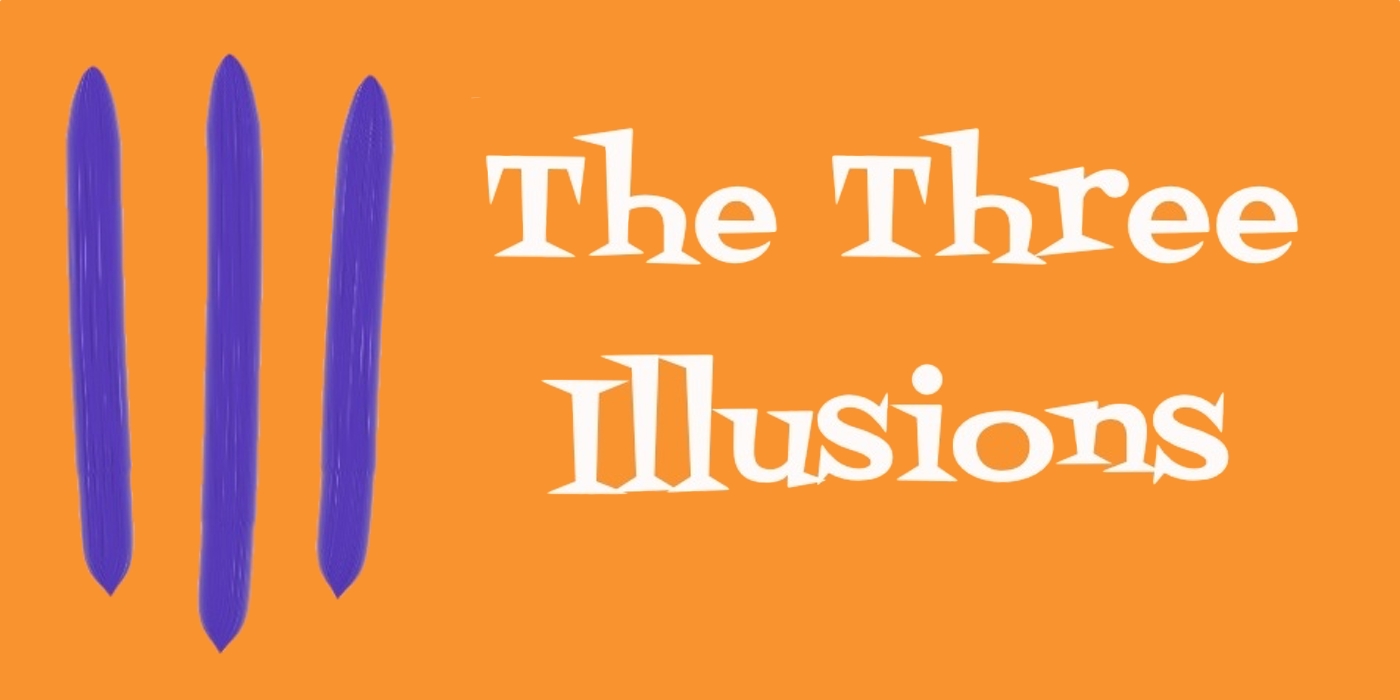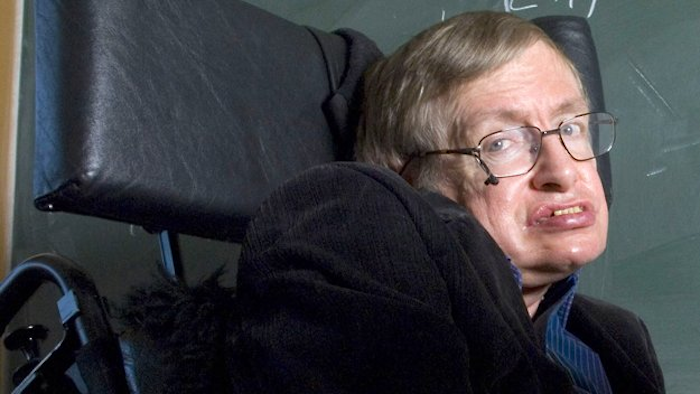I’m currently reading Stephen Hawking’s most recent book (co-authored with Leonard Mlodinow) “The Grand Design” and was pleased to find the following paragraphs about free will.
“Do people have free will? If we have free will, where in the evolutionary tree did it develop? Do blue-green algae or bacteria have free will, or is their behavior automatic and within the realm of scientific law? Is it only multicelled organisms that have free will, or only mammals? We might think that a chimpanzee is exercising free will when it chooses to chomp on a banana, or a cat when it rips up your sofa, but what about the roundworm called Caenorhabditis elegans—a simple creature made of only 959 cells? It probably never thinks, “That was damn tasty bacteria I got to dine on back there,” yet it too has a definite preference in food and will either settle for an unattractive meal or go foraging for something better, depending on recent experience. Is that the exercise of free will?
Though we feel that we can choose what we do, our understanding of the molecular basis of biology shows that biological processes are governed by the laws of physics and chemistry and therefore are as determined as the orbits of the planets. Recent experiments in neuroscience support the view that it is our physical brain, following the known laws of science, that determines our actions, and not some agency that exists outside those laws. For example, a study of patients undergoing awake brain surgery found that by electrically stimulating the appropriate regions of the brain, one could create in the patient the desire to move the hand, arm, or foot, or to move the lips and talk. It is hard to imagine how free will can operate if our behavior is determined by physical law, so it seems that we are no more than biological machines and that free will is just an illusion.”
So if you don’t believe me, perhaps you’ll believe the most celebrated physicist alive today. The idea of free will is just unscientific, folks. Let it go.
Why does it matter?
As I explained in the book, most of our problems in life come from believing we, and the people around us, have free will. When you take away the concept of free will, you also take away the concepts of guilt, anger, anxiety, stress and fear, because they are mostly tied up with the idea that humans can control their decisions and actions. When we realize that this concept is nonsense, and we truly let go, those negative emotions go with them.

